What to Do When an Extra Padel Ball Enters Your Court
Imagine you’re deep in a padel match, adrenaline coursing, eyes focused solely on the ball. The rally is tight, your opponent’s next move unpredictable. And then—out of nowhere—an extra ball rolls onto your court, a surprise guest you definitely didn’t invite. This random ball, maybe from the court next door, has now turned your intense rally into a safety risk. So what now? Do you keep going, stop, ignore it? Let’s go through how to handle this interruption like a pro.
Safety First: Why Stopping Is Non-Negotiable
In any sport, including padel, safety is priority number one. While it’s tempting to just keep playing and push through the distraction, that extra ball on the court is more than just a harmless intruder. It’s a potential tripping hazard. If a player steps on it or even glances it with their foot, that can mean twisted ankles, bad falls, and in worst cases, serious injuries.
When an unexpected ball rolls onto the court, the best move is to stop the game right away. Take a pause, gather yourself, and make sure the extra ball is removed from the playing area. Even if the ball isn’t near your immediate play zone, it’s better to take a quick break to remove it. Padel rallies are intense and fast-paced, meaning that ball could become an issue at any moment if play continues. Stopping ensures everyone’s safety and gives players a moment to refocus, so when you resume, it’s a fair game for all.
Calling a “Let”: Keeping Fairness in the Game
Once you’ve paused, it’s time to consider the concept of a “let.” In padel, a “let” is called when an external factor interferes with play. This means the point is nullified and replayed. In this case, when a stray ball interrupts the rally, the fair move is for both teams to agree to call a let. You’ll replay the point, erasing any advantage or disruption caused by the rogue ball.
Why call a let instead of just carrying on? Because a let keeps the game fair. It’s hard to play at your best if there’s a foreign object on the court. Even if the ball wasn’t in the way, the mental distraction alone is enough to throw a player off, and that’s before considering the physical risk. Calling a let eliminates any possible frustration or feelings of unfairness about the point. It’s a clean slate and allows both teams to compete under normal conditions, maintaining the integrity of the game.
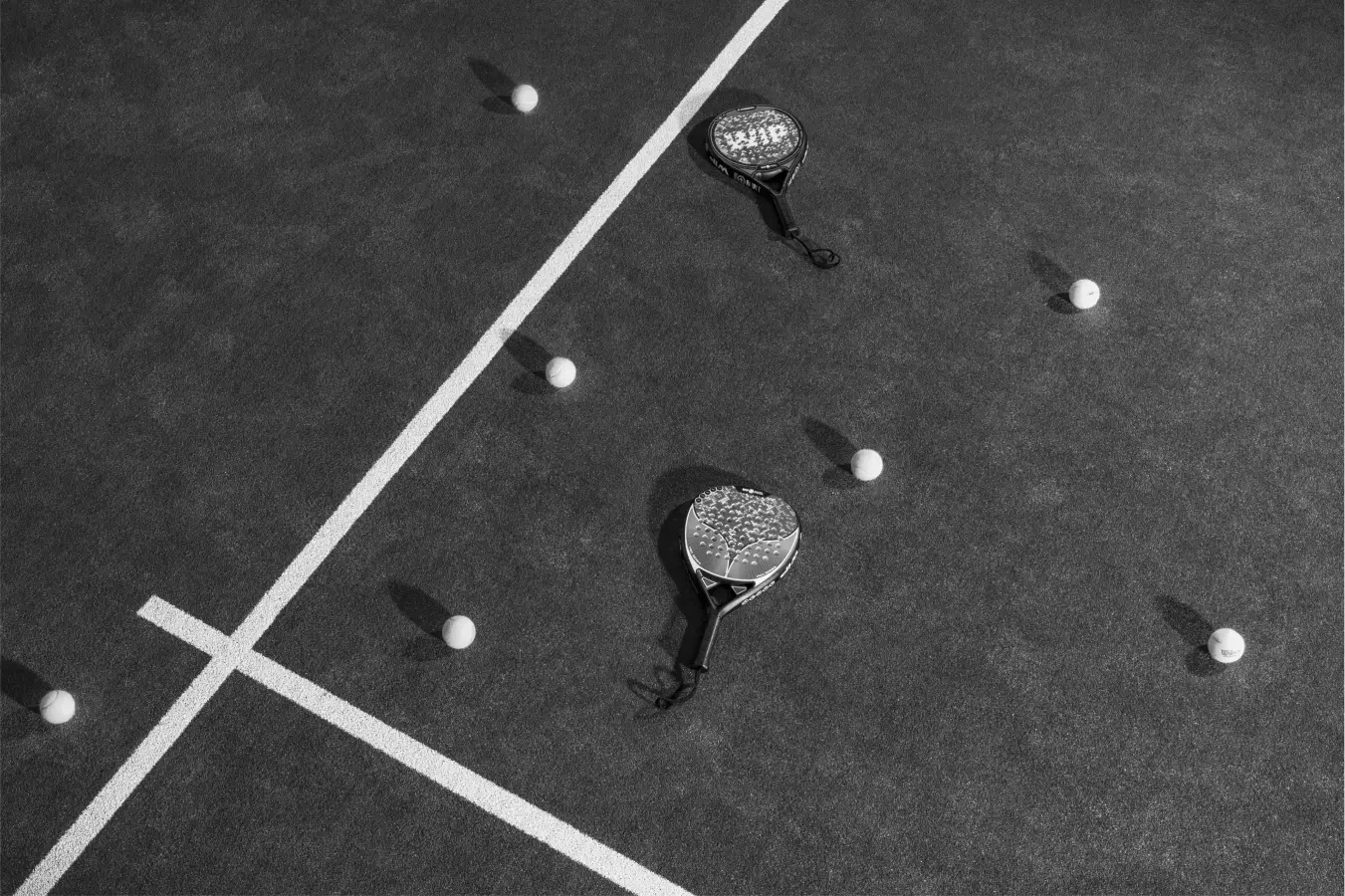
What If It Doesn’t Really Interfere? The Slippery Slope of “Harmless” Balls
Now, let’s say the extra ball isn’t in your direct path or play area—it’s just sitting innocently in a corner, seemingly minding its own business. In this situation, should you still stop the game? Technically, you might feel like it’s okay to keep playing if it’s far enough away. But here’s the thing: a ball on the court is always a risk, no matter where it is. All it takes is one quick move, a fast lunge, or a step in that direction, and that “harmless” ball becomes a hazard.
So, the smart move is to stop, remove the ball, and call a let, even if it doesn’t seem to be in the way. This ensures that play is never compromised by a potential distraction or safety issue. It might feel like an inconvenience at the moment, but it’s a simple action that avoids bigger problems. In the fast-paced world of padel, it’s best to play it safe and make sure everyone on the court is focused purely on the game, with no extra surprises lurking around.
Court Etiquette: Preventing Rogue Balls Before They Happen
This scenario also highlights an often-overlooked part of padel: good court etiquette. When we talk about court etiquette, we mean the small habits and rules of thumb that make the game smoother, safer, and more enjoyable for everyone. One essential piece of etiquette is securing your extra balls. You might think, “What’s the harm if they’re off to the side?” But one loose ball can easily find its way into play—one solid hit or wild shot from an adjacent court, and that ball is rolling right into your game.
To prevent this, make sure any spare balls are either in a pocket or safely stored in a ball holder. If there’s no convenient way to keep them with you, place them well outside the court’s play area. Be mindful if your game is next to other courts; shots that get away can quickly cross into neighboring play areas. Taking a moment to secure your spare balls before you start can significantly reduce the chance of interruptions.
Good court etiquette is part of being a great padel player, and it keeps things enjoyable for everyone involved. So, secure those spare balls, keep an eye on where your shots are landing, and be considerate of those playing around you.
The Referee’s Role: Calling It from the Sidelines
In official padel matches, decisions about interruptions and lets aren’t solely up to the players; they’re in the hands of the referee. A referee’s main role is to ensure fair play, and they’re always watching for any disruption that could influence the game. So if a ball from a neighboring court enters the play area, the referee will stop play and call a let.
The beauty of a referee’s role in this situation is that they eliminate any ambiguity. Players don’t have to debate whether a ball “counts” as interference or not; the referee makes the call. Their job is to maintain fairness, and by calling a let, they ensure that an outside factor doesn’t change the outcome of the game. For players, it’s a relief to know someone else is handling these decisions, letting them focus entirely on their performance.
Handling Interruptions Without a Referee
In recreational or casual games, a referee usually isn’t present. So when a ball enters the court, the decision falls to the players. Without a referee’s quick call, it’s crucial that all players communicate and agree on what to do. If a ball enters the court, it’s best to err on the side of caution, pause the game, and call a let. If you’re playing with friends or friendly opponents, this should be straightforward.
If there’s any disagreement, a simple phrase like, “Let’s call it a let for safety” can help. It reminds everyone that stopping isn’t just about rules; it’s also about preventing injury and maintaining a fair game.
Communicating with Opponents: The Power of Clear Signals
A big part of handling any interruption smoothly is communicating clearly with everyone on the court. When a ball rolls into your court, quickly calling out something like “Ball on court!” or “Hold up!” helps avoid confusion. It’s a quick way to signal that something’s up and that you’ll need to pause and reset.
Clear communication benefits both you and your opponents, keeping everyone on the same page. It also sets the tone for good sportsmanship. By announcing that the game needs to pause, you show respect for the game and the players. It’s a small gesture, but it makes a huge difference in ensuring that everyone’s experience on the court is positive.
Family, Beginners, and Recreational Courts: Where Interference Is Common
On courts with kids, families, or beginners, interference from rogue balls is almost inevitable. Beginners might not always have control over where their shots go, and younger players are still learning the ropes. Here, patience and adaptability are key. You’ll likely deal with more interruptions, so be prepared to stop frequently, call lets as needed, and make the game as fun as possible.
If you’re playing near these courts, extra caution is a good idea. Kids and beginners are bound to send balls flying in every direction, and they might not be as quick to retrieve them. Being mindful of this context helps avoid frustrations and keeps the game enjoyable.
Why Good Etiquette Is Every Player’s Responsibility
Good etiquette isn’t just about avoiding interruptions; it’s about respecting the sport, the court, and the players around you. Keeping an eye on where your shots go, securing your spare balls, and giving nearby players space to retrieve their stray balls all show a level of courtesy that can transform the padel experience.
By maintaining good etiquette and making responsible decisions about rogue balls, you contribute to a respectful, enjoyable padel environment. This applies not only to high-level matches but also to everyday recreational games. Each of us has a part to play in making padel a sport that’s safe, fair, and fun for everyone.
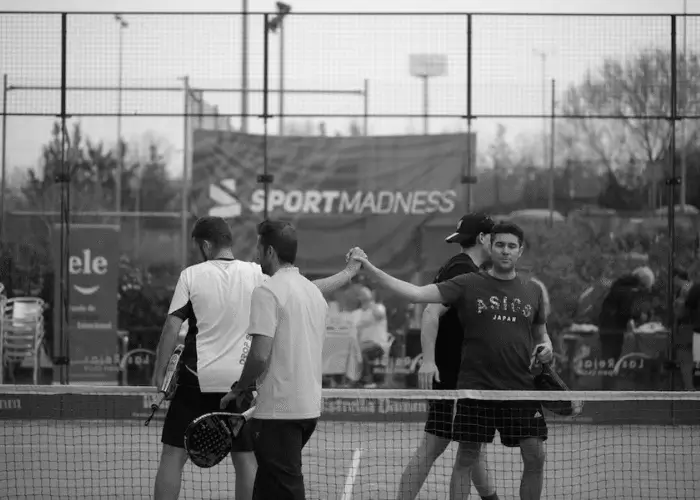
Prioritizing Safety and Fair Play Every Time
An unexpected ball on the court might seem like a small issue, but handling it properly reflects a lot about your respect for the game and your fellow players. Stopping play when an extra ball enters, calling a let, securing your spare balls—these might seem like minor actions, but they make a significant impact on the safety and quality of the game.
In padel, as in any sport, safety and fairness should always come first. And whether you’re a seasoned player or just getting into the sport, handling these situations with thoughtfulness and a focus on safety helps everyone play better and enjoy the game to its fullest.
Frequently Asked Questions about Handling Interference in Padel
What should I do if a ball from another court enters mine during play?
Stop the point immediately, remove the ball, and replay the point to ensure safety and fairness.
Is it mandatory to stop play if an extra ball enters the court but doesn't interfere?
While not mandatory, it's advisable to stop play to prevent potential hazards and maintain the integrity of the game.
Who decides to call a let when an extra ball enters the court?
In casual play, players should mutually agree to call a let. In official matches, the referee makes the decision.
Can I continue playing if the extra ball is far from the action?
It's best to stop play and remove the ball, even if it's not immediately interfering, to avoid unexpected issues.
How can I prevent extra balls from entering the court?
Ensure spare balls are secured and be mindful of your surroundings, especially when playing near other courts.
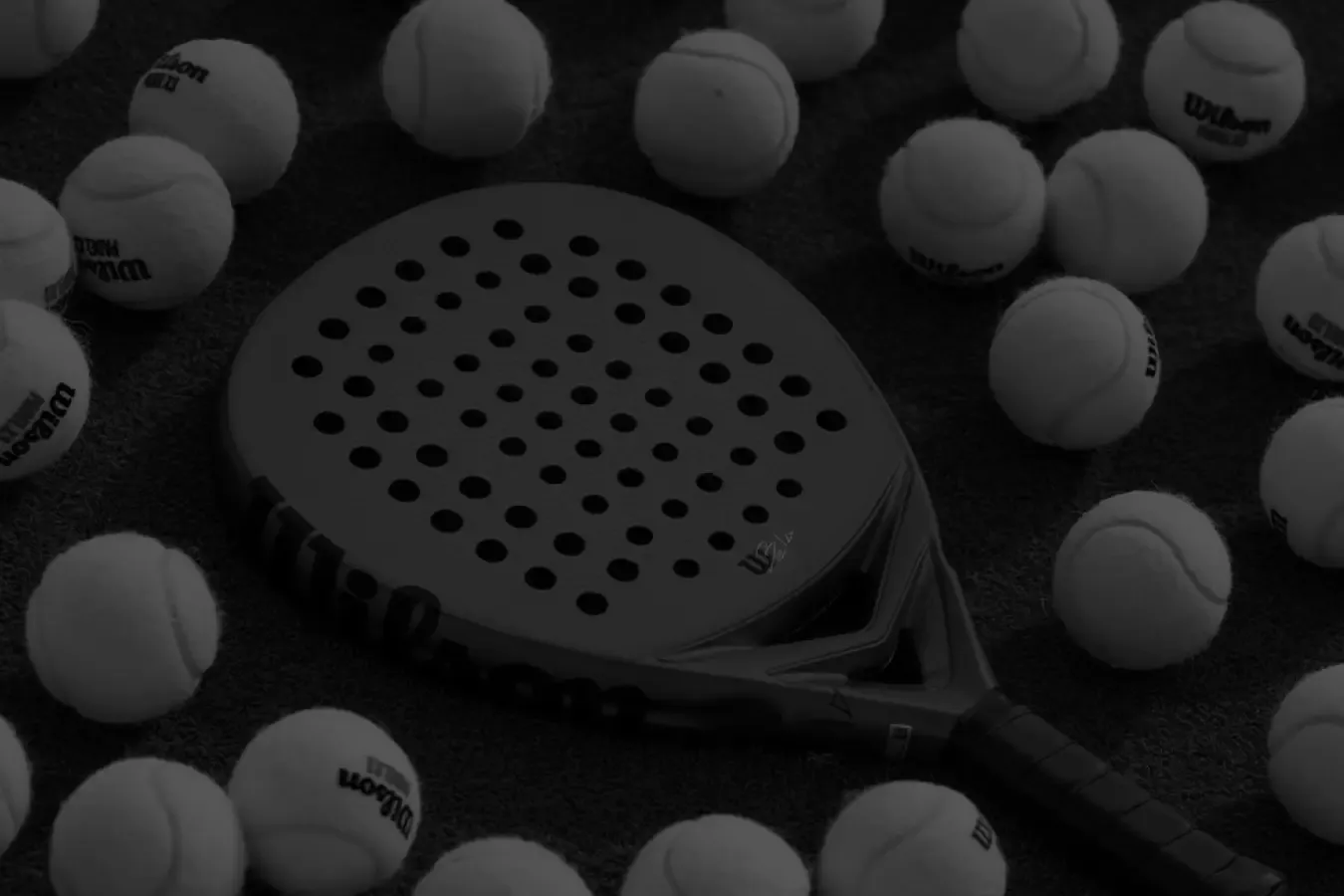

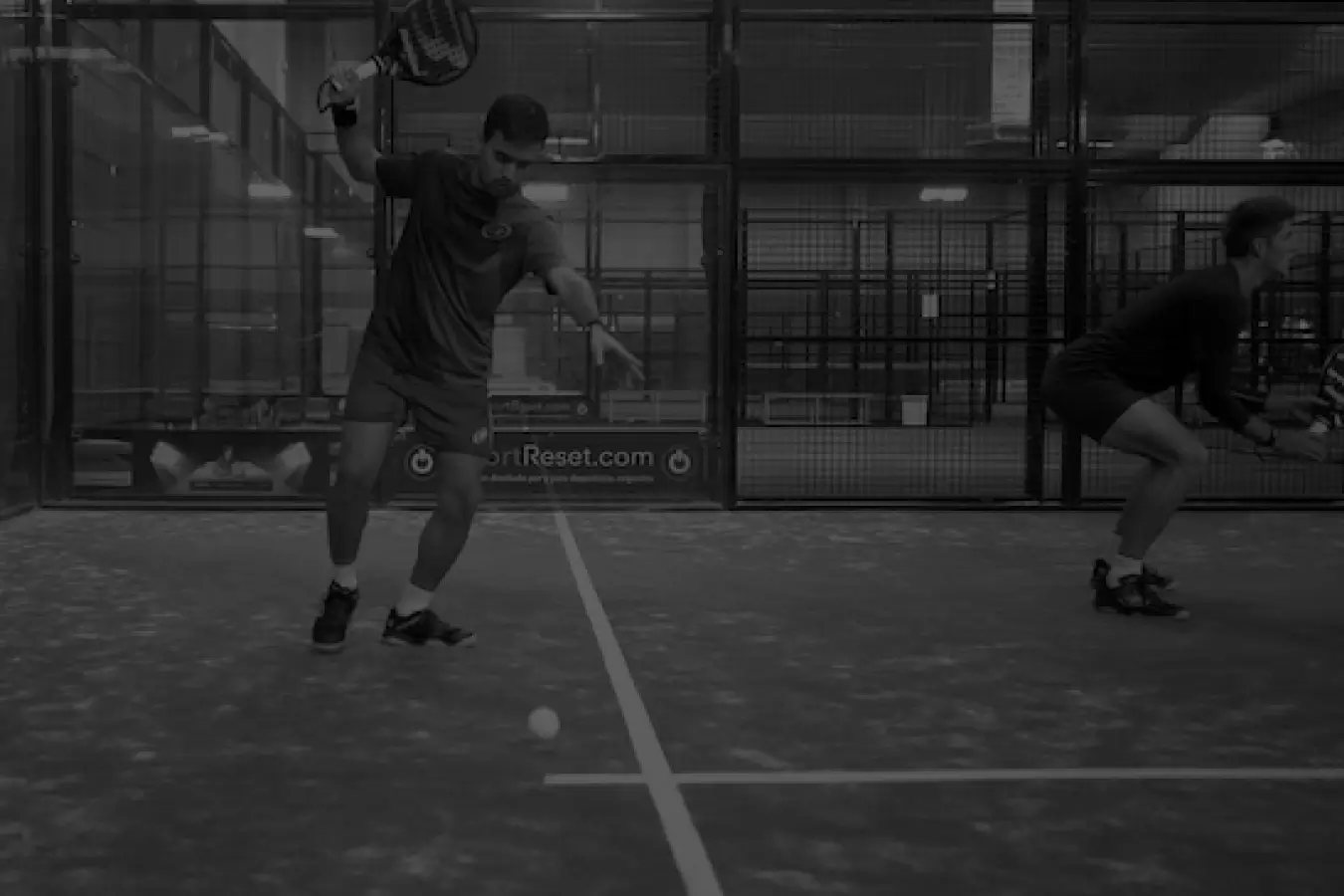
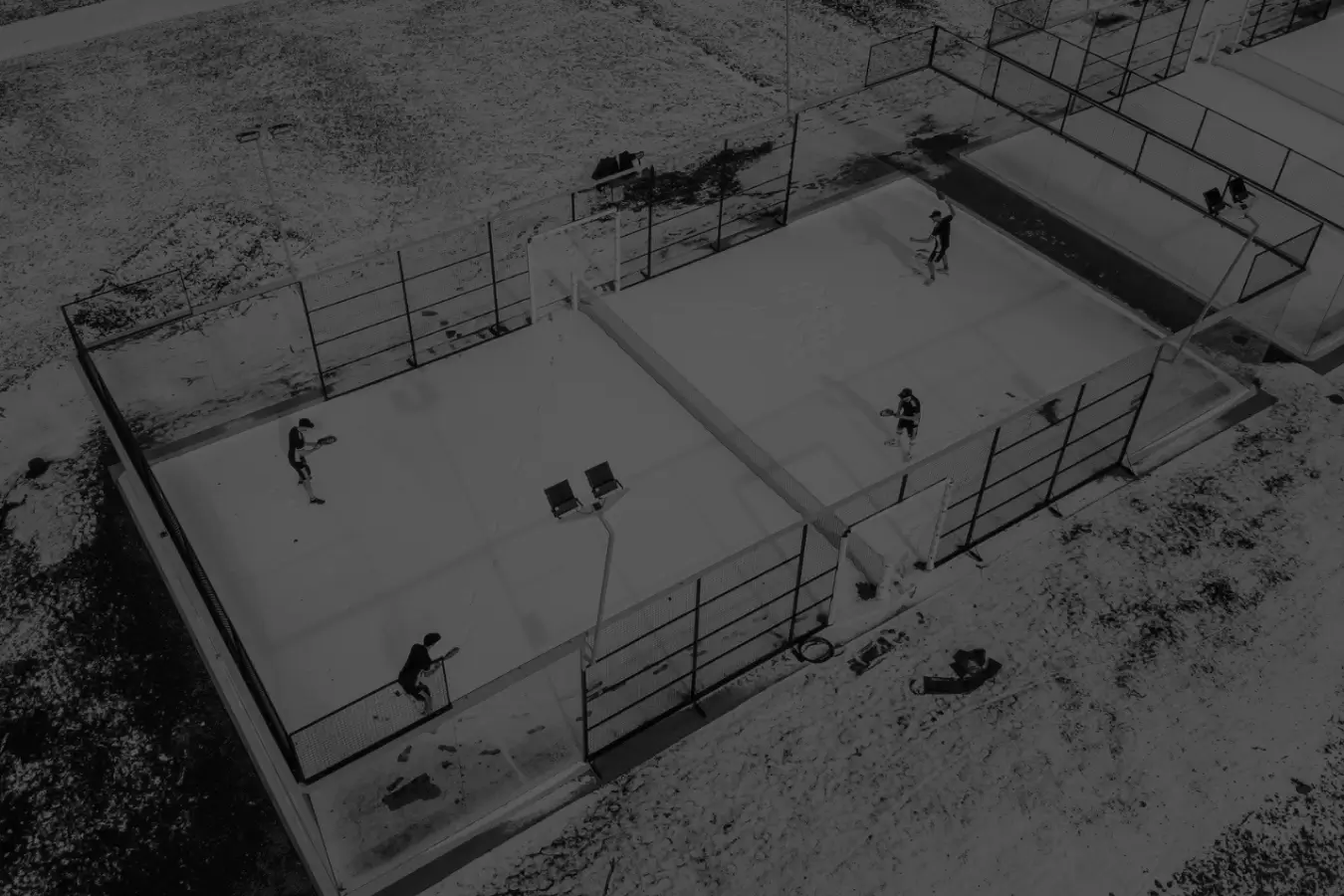
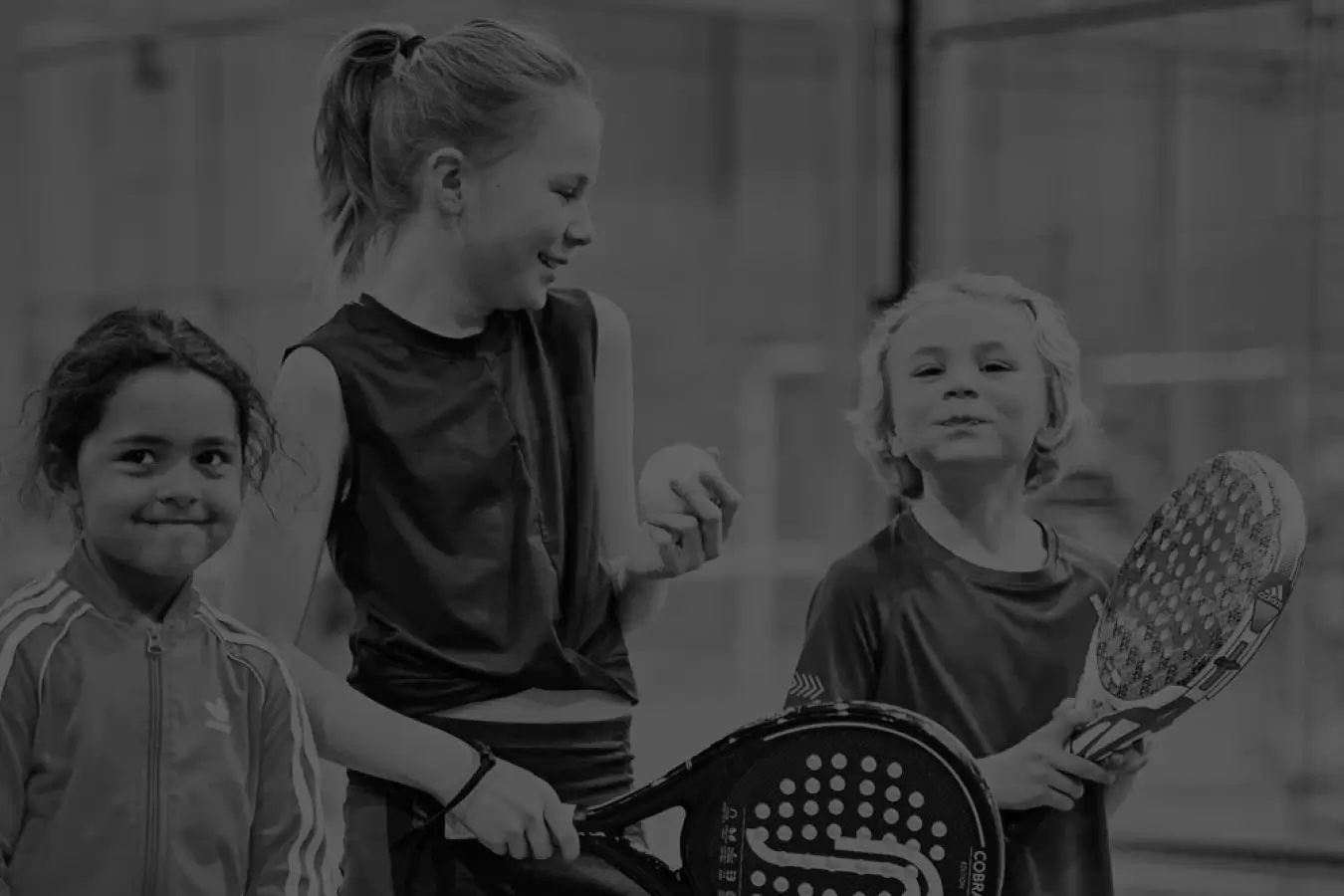
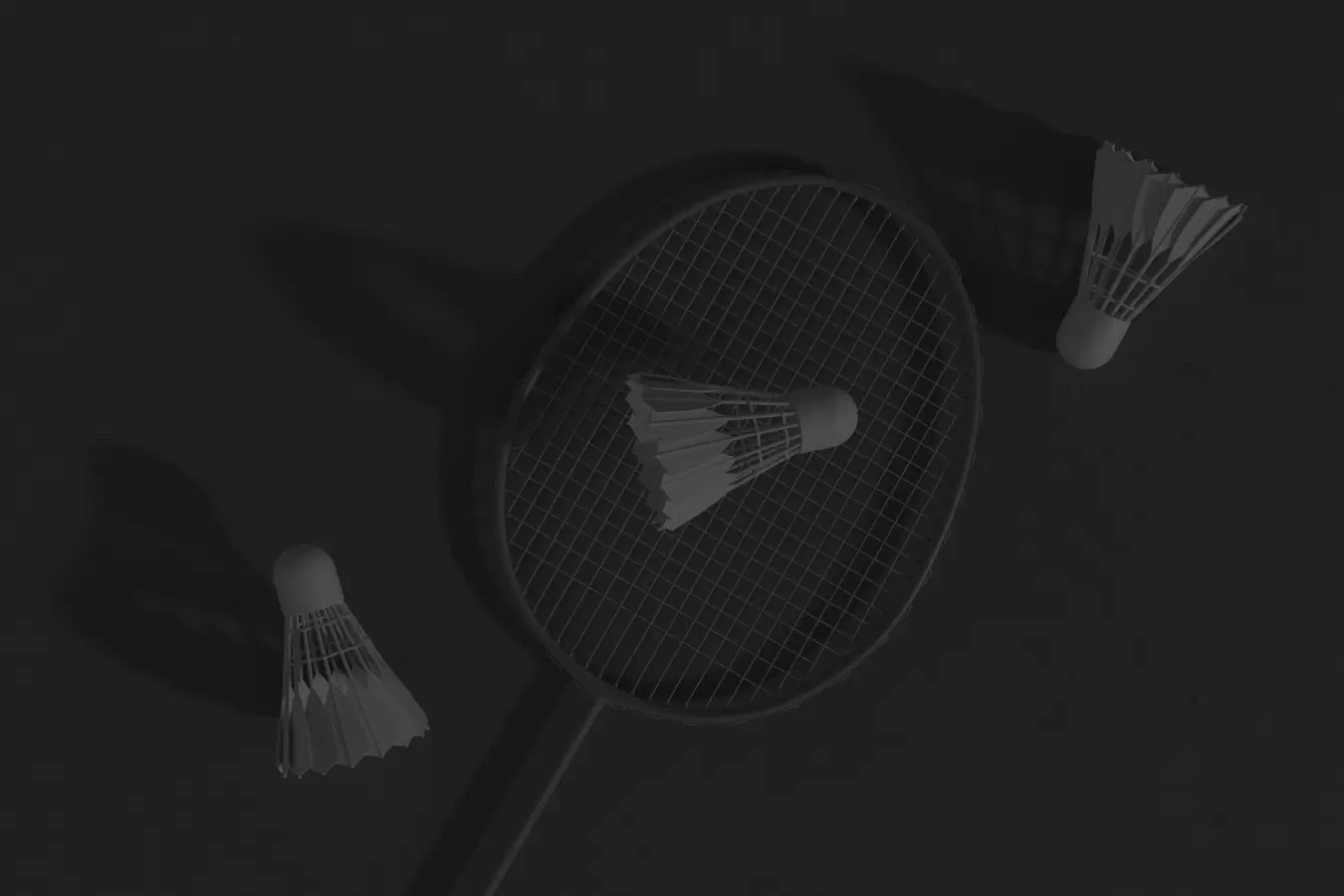
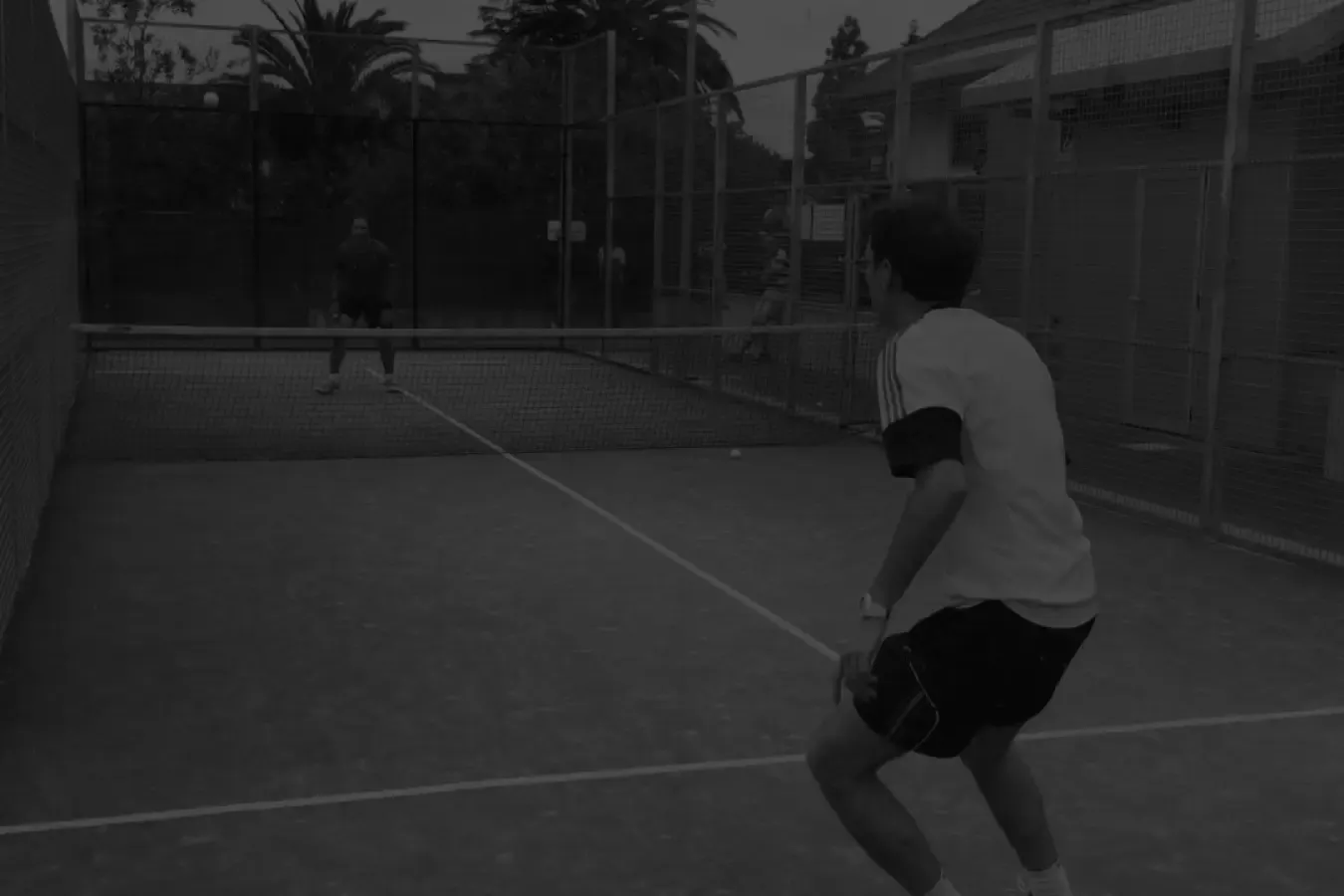
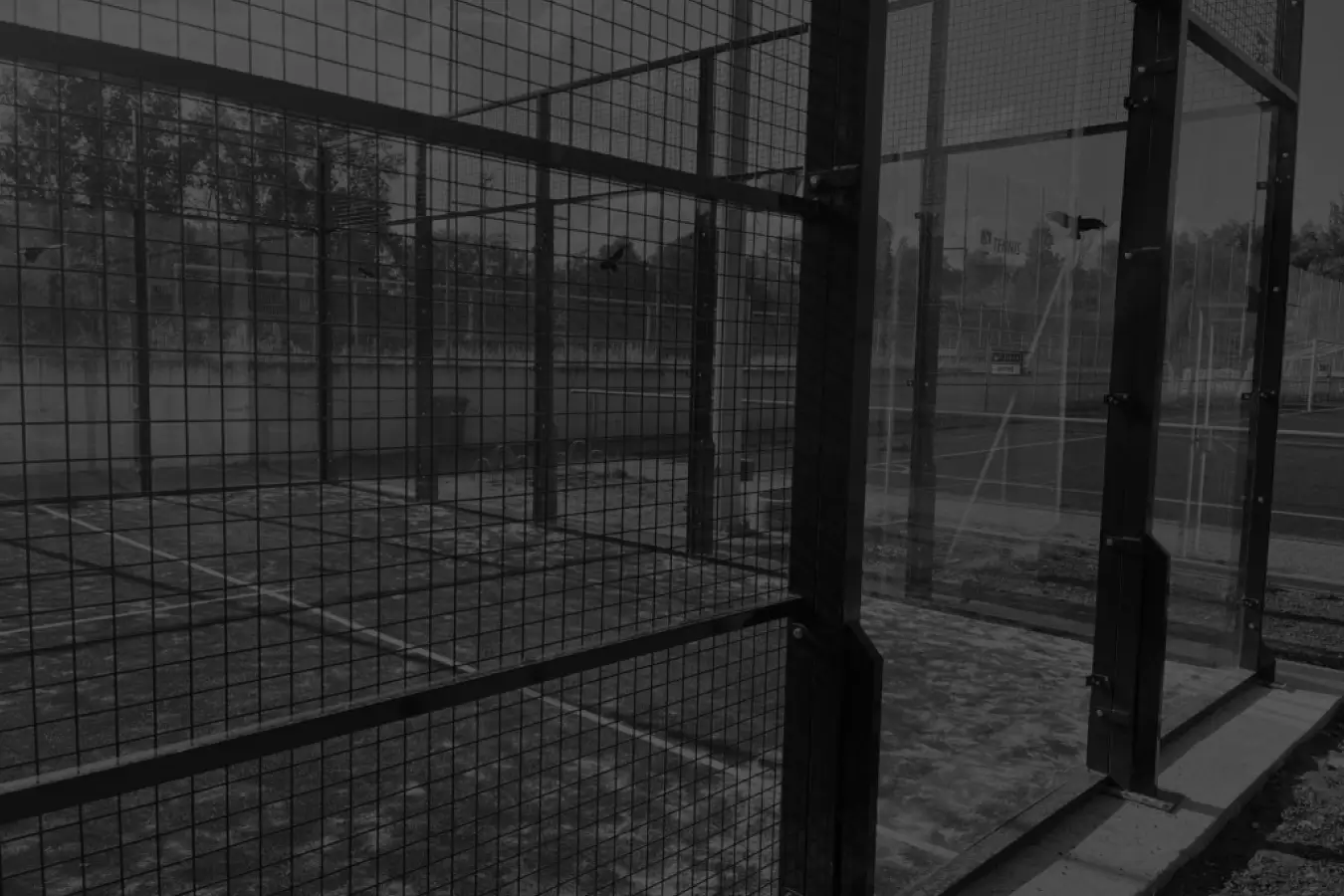
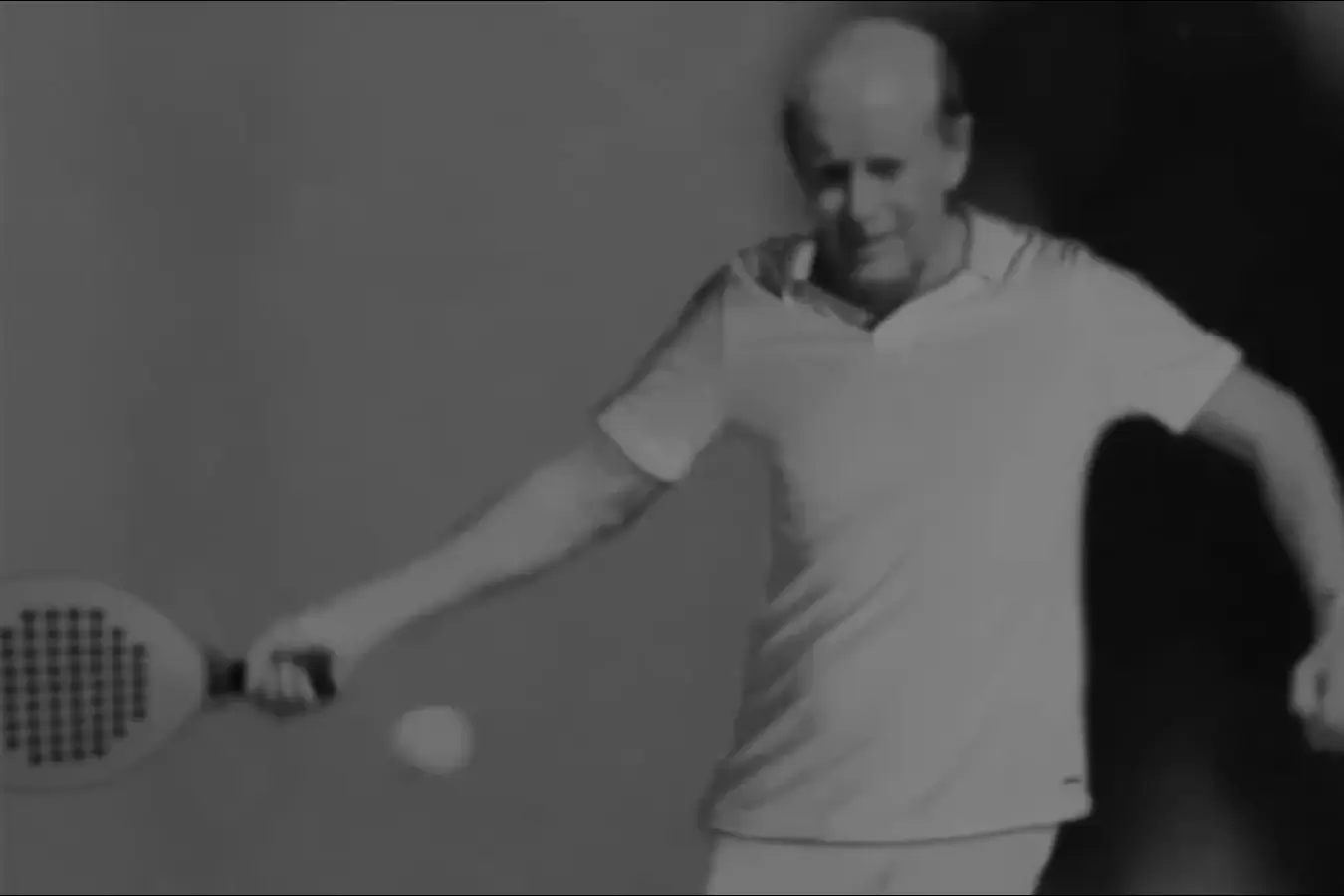
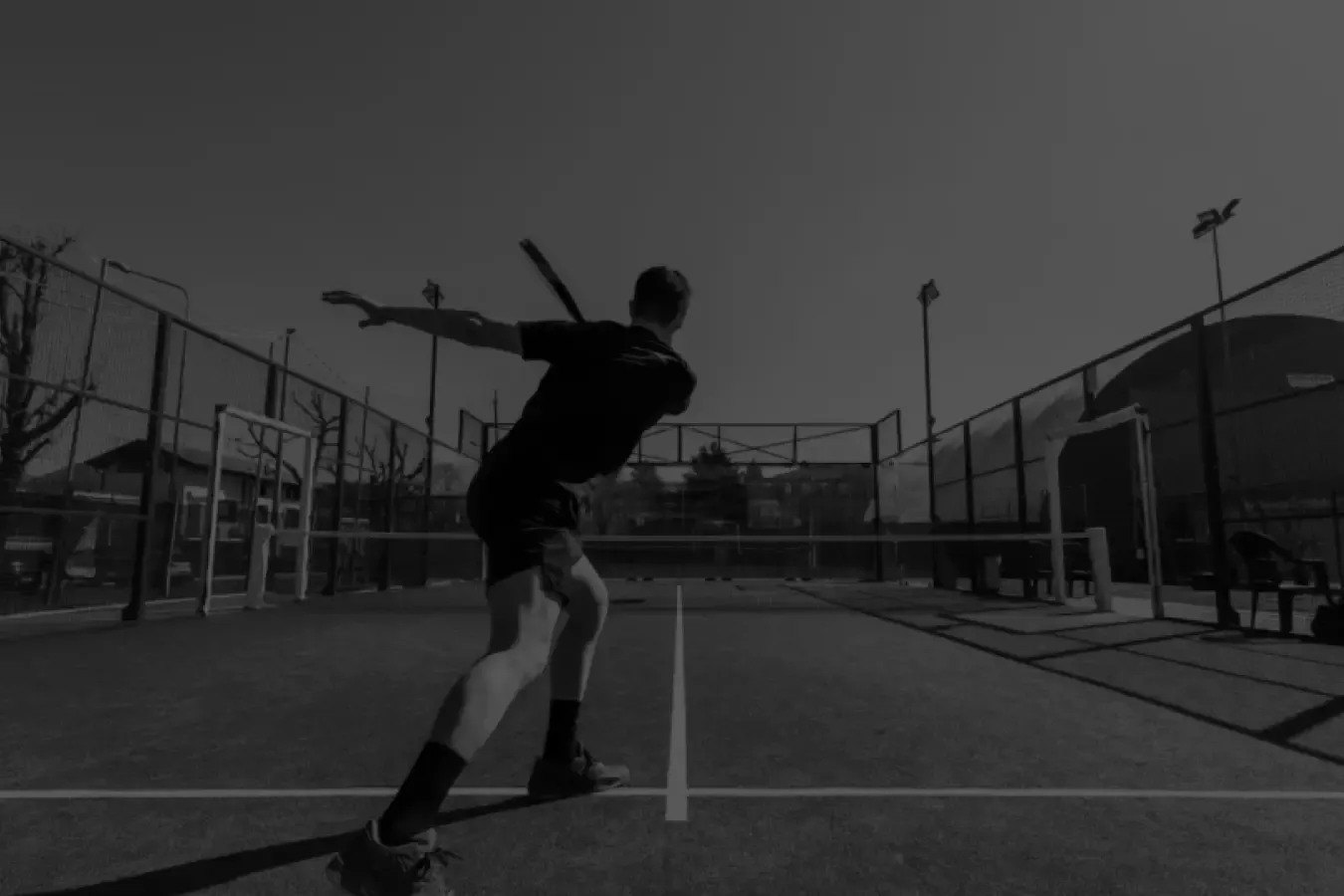

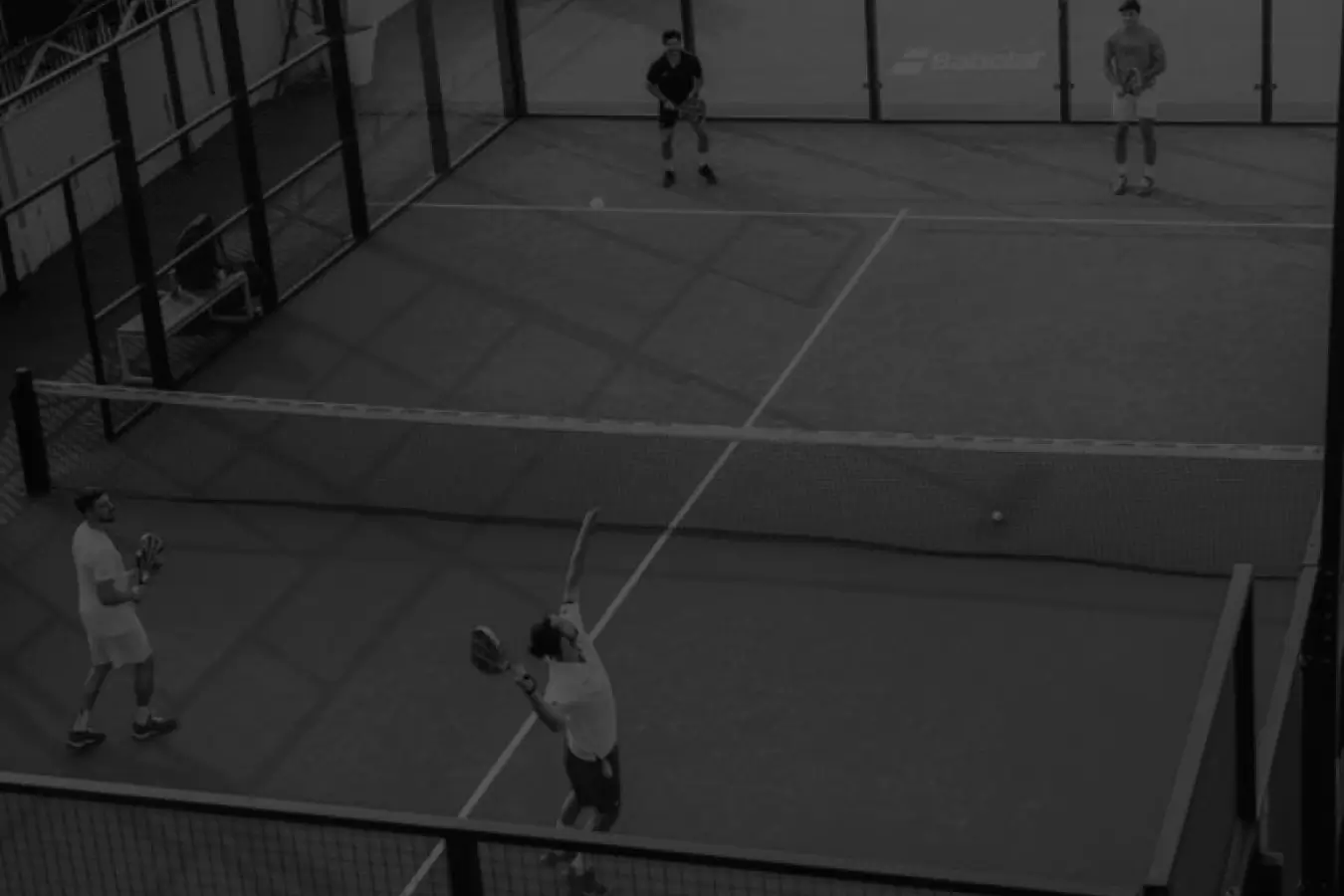
Discussion